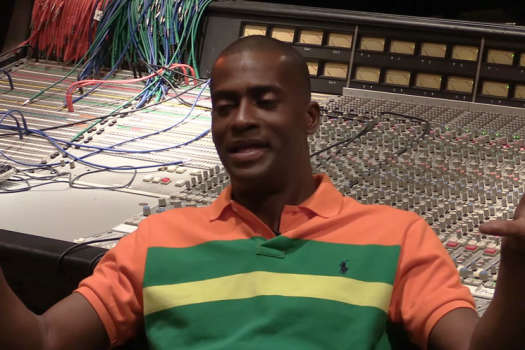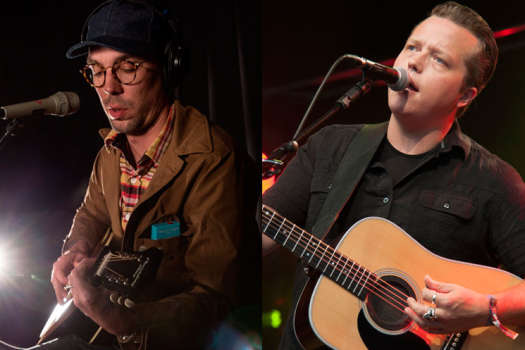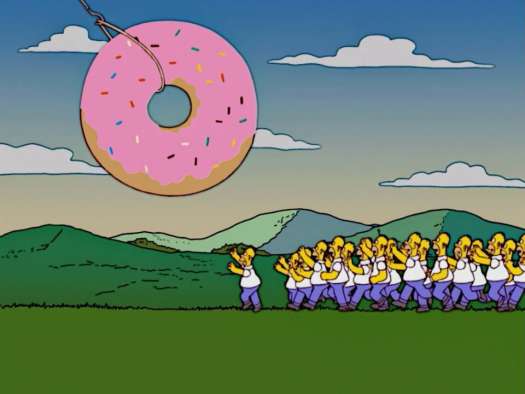As a director, Francis Ford Coppola just seems unable to trust his instincts particularly as he looks back on the arc of his career and sees a few bumps along the road, but even his successes have not been spared the knife of the posthumous re-edit. Both the Godfather saga and Apocalypse Now have received substantial re-workings at various times; now, prompted by fan mail from the book's tween readership, Coppola revisits his 1983 film The Outsiders. Setting aside the wisdom of letting your huge talent be guided by the advice of grade-schoolers, Coppola looks back at The Outsiders and starts to doubt the decisions he made more than two decades ago in adapting teen scribe S.E. Hinton's popular book about the conflicts between Greasers and Socs in her hometown of Tulsa, OK. What Coppola finds is a series of decisions made at the studio's behest to cut down and streamline the film to give it greater forward momentum and also artistic decisions he made at the time that perhaps didn't pan out (like his vision of the film as a teen Gone With the Wind, and the score, by his father Carmine, which resulted). Now, Coppola has restored more than 20 minutes of the film to make it jibe more with the novel, and has replaced his late pop's orchestral score with more appropriate period music. The result may make the film more interesting and it restores a solid performance by Rob Lowe as Sodapop but despite his on-screen and in-commentary dithering, it's not better. But then, The Outsiders was an awkward film in either incarnation, pulling against the constraints of its ensemble cast and the epic vision and scope that Coppola imposed upon it. But boy, what an ensemble. Though, sure, Tom Cruise and Emilio Estevez take early roles, the film's breakout stars are Matt Dillon, Ralph Macchio and, in this newly re-cut version, Lowe, it remains a delight to see youngsters like Diane Lane and even Leif Garrett. And when it comes to giving a DVD his full attention, Coppola rarely disappoints: his innovative technique of videotaping both the audition and rehearsal process pays off in fascinating footage of every name youngster in Hollywood at the time taking part in this buzz project. S.E. Hinton then and now adds her perspective, and most of the cast comes back to reminisce. But what's odd about the end result is that the back-story Hinton's authorship as a teenager of a book that's sold many millions; Coppola's casting process; the ways in which he separated Greasers from Socs even on set turns out to be much more interesting than the final result in either incarnation. Perhaps he should go back to the vineyard and leave his past alone. Plus: deleted scenes, actors' commentary, "making of" and casting featurettes, more. (Warner)
The Outsiders: The Complete Novel
Francis Ford Coppola

BY James KeastPublished Dec 1, 2005
More Francis Ford Coppola
- Nicolas Cage Weighs In on Marvel Debate: "What Could Be Wrong with Wholesome Entertainment?"
- Francis Ford Coppola on Marvel Films: "It's One Prototype Movie That Is Made Over and Over Again"
- Nicolas Cage Begged His Uncle Francis Ford Coppola to Cast Him in 'Godfather: Part III'



